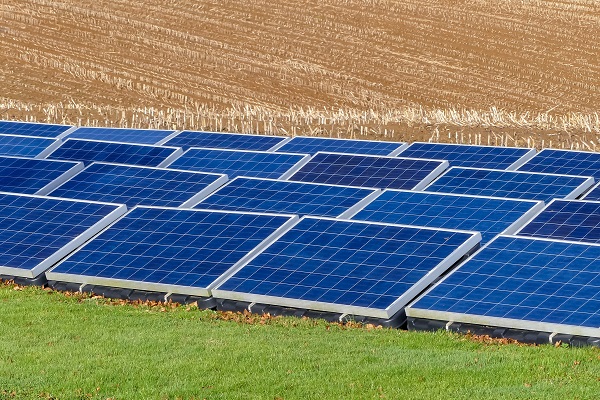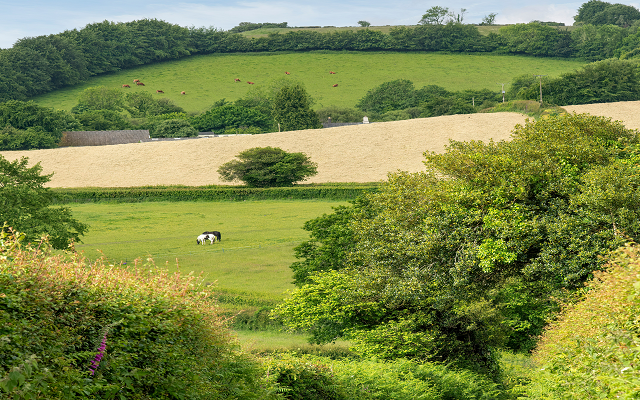Case studies: Unlocking solar opportunities for rural clients
Strutt & Parker’s 15-strong energy team advises and negotiates on behalf of rural clients on a wide range of both small-scale and large-scale renewables projects.
They are heavily involved with energy audits and feasibility assessments – for all types of renewable energy – as well as negotiating lease terms, expert witness work, valuations and advising on the sale or purchase of renewables installations.
Many of the inquiries we are currently getting relate to solar installations, as landowners looks for ways to offset recent energy price rises and diversify their farming operations.
Here are some recent examples:
Energy review to identify new renewables opportunities
We received instructions from an agricultural business with several properties and high energy usage to review their sites for renewable electricity and heat generation opportunities.
The sites were assessed for solar farm, wind turbine and battery storage opportunities, with a feasibility study providing a cost analysis for completing these schemes in-hand or with a development partner on a rental basis.
An opportunity to install more than 3,000 kW of solar PV on buildings was identified, with the potential to save over £600,000 on the annual electricity bill if all the energy was used on site.
Additional opportunities were identified for displacing heat generated by fossil fuels for low-carbon heat.
Solar farm with battery storage
A client instructed us to negotiate Heads of Terms with a developer for an option to lease land – initially for battery storage, but subsequently for a solar farm with batteries – after it was identified there was grid capacity availability.
The developer’s Heads of Terms were too brief and left too much open to negotiation at solicitor level, so we introduced the more comprehensive Strutt & Parker Heads of Terms (including the lease), which formed the basis of the final documentation.
We also negotiated a substantial increase in the base rent initially offered by the developer, plus an additional top-up if an agreed percentage of gross receipts exceeded the base rent in any year, plus a connection payment.
We worked with the developer to present a sound case to the Local Planning Authority, which meant the planning application was approved unanimously at committee stage.
The construction of the solar farm is now nearing completion.
Sale of roof-mounted solar installation
A London-based property management company approached us to handle the sale of a 149.75 kW solar installation which it had decided was not a core asset.
The solar array was located on the roof space of a commercial building, which was not owned by the vendor, but over which they had a lease with 16 years still to run.
The array was registered for both Feed in Tariffs (FiTs) and export payments, so was a good investment opportunity.
It had produced an average generation of 101,376 kwh per annum over the past eight years and in the last year had generated an annual income of just over £13,000.
The average income from the FiT for the remainder of the term was estimated at around £200,000, with the additional right to sell the electricity back to the onsite tenant at a predetermined rate per kwh after 10 years.
The sale was agreed to a private investor, providing the purchaser with a diversified income, while the vendor was delighted with the price achieved.
If you would like to know more the opportunities in the renewables sector, advice on negotiating with a developer or assistance in selling or buying an existing installation contact Florence Cracroft-Eley.






